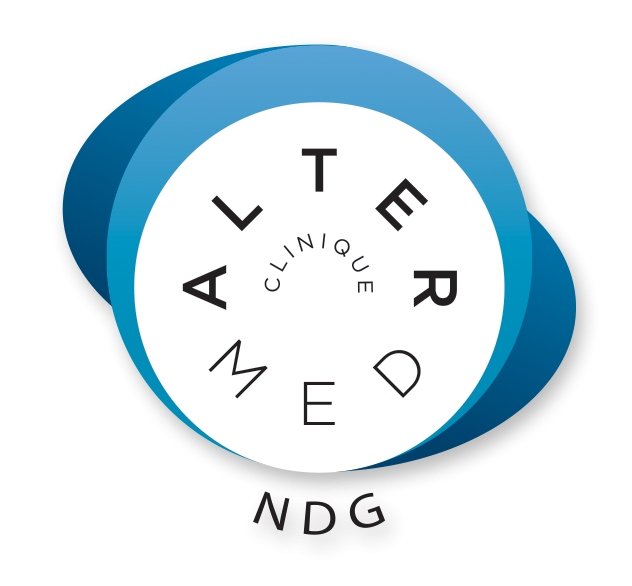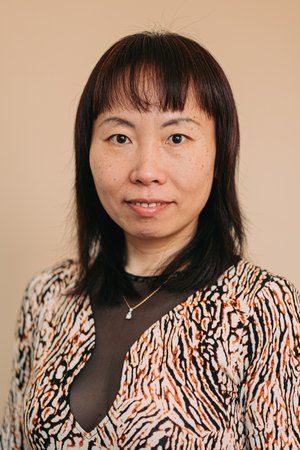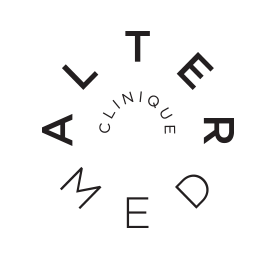Rui Huang


Job
Acupuncturist
Next availability
Call to bookTherapies
Rui Huang - Montreal acupuncturist - NDG
ACUPUNCTURIST (AC.)
MEMBER OF THE OAQ (ORDRE DES ACUPUNCTEURS DU QUÉBEC)
NDG ACUPUNCTURIST
CAREER
I have always worked in the field of health: acupuncture, Tuina, Chinese herbal medicine, cupping, Guasha, eyeballs, pharmacology, etc., in China and in Canada, since 1994.
Relocated to Canada in July 2013, I started working in a pharmacy in Montreal in 2014, to learn more about Canadian health conditions and western types of treatments.
Unfortunately, I found that people often take too many medications, which do not have a significant effect, or are accompanied by many side effects, such as headaches, lower back pain, abdominal pain, etc.
Following the recognition of my knowledge and skills by the Order of Acupuncturists of Quebec, I decided to devote my knowledge and energy to helping Canadians improve their health.
TRAININGS
-
Toxicity of Chinese herbs and their interactions with biomedical drugs - 2019
-
Opioid Crisis - Acupuncture as a non-pharmacological solution to pain management - 2019
-
Volunteer as a liaison, for the Femme Relais project, Cross-Cultural Resource Hub - 2018 to 2019
-
English course at James Lyng - 2017
-
French health course at Cegep Vieux Port - 2015
-
D.E.P. in Pharmacy Technical Assistance at École des métiers des Faubourgs - 2013 to 2014
-
Bachelor's degree in TCM (Traditional Chinese Medicine) from 1994 to 1999 at the University of Traditional Chinese Medicine and Pharmacology of Shandong.
VISION OF EASTERN AND WESTERN MEDICINE
Western medicine and Eastern medicine are considered as two distinct and divergent entities. Their approach to physiology and healing seems very different.
Eastern medicine originated over 5,000 years ago and has been developed over 2,000 years. TCM considers the body and the whole person, the physical organs and the spiritual, mental, emotional aspect, taking into account the global view of the sky (nature and temperature) and the earth (local).
Western medicine, on the other hand, separates the different systems and organs of the body and dives deeper and deeper into the particles that make up matter.
The TCM practitioner profiles Yin, Yang, Outer, Inner, Cold, Hot, Empty and full of organs and/or meridians, while analyzing the patient's physiognomy, pulse, tongue, etc., all based on the theory of Qi and Blood, Yin and Yang, and the five elements, wood 木, fire 火, earth 土, metal 金, water 水.
Diagnosis is based on symptoms related to imbalances rather than the diseases themselves. Treatment is a holistic therapy aimed at strengthening one's own healing power by finding the root of the disease or discomforts. The treatment can therefore be different from one person to another for the same disease, it is case by case.
The western doctor makes the diagnosis using a large number of modern scientific instruments (blood test, urine, stool, X-rays, isotopes or computer imaging, ultrasound, etc) collected. It is an evidence-based medicine. Treatment directly targets the pathogen or etiology - for example, antibiotics kill bacteria.
TCM is suitable for patients with chronic functional problems, especially those for which Western medicine cannot find the cause, but who have unpleasant symptoms. By correcting organ dysfunction, TCM can prevent serious illness before it is detectable by Western medicine.
Compared to Western medicine, TCM, especially acupuncture, has few side effects.
Both approaches have therapeutic approaches that can be explained scientifically and philosophically, each can be beneficial to the individual and together they can expand the possibilities of medicine.


